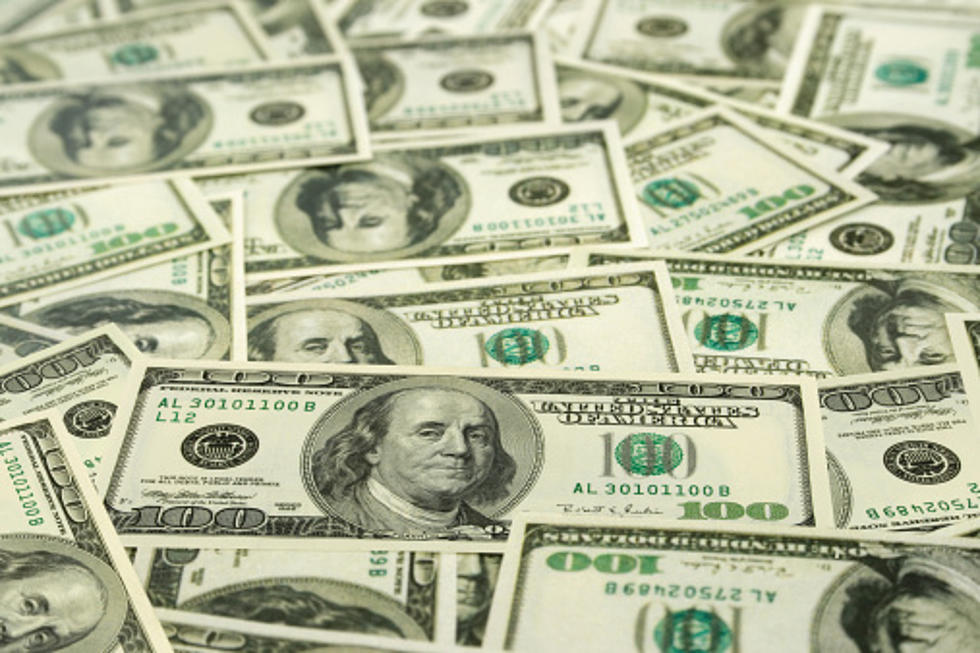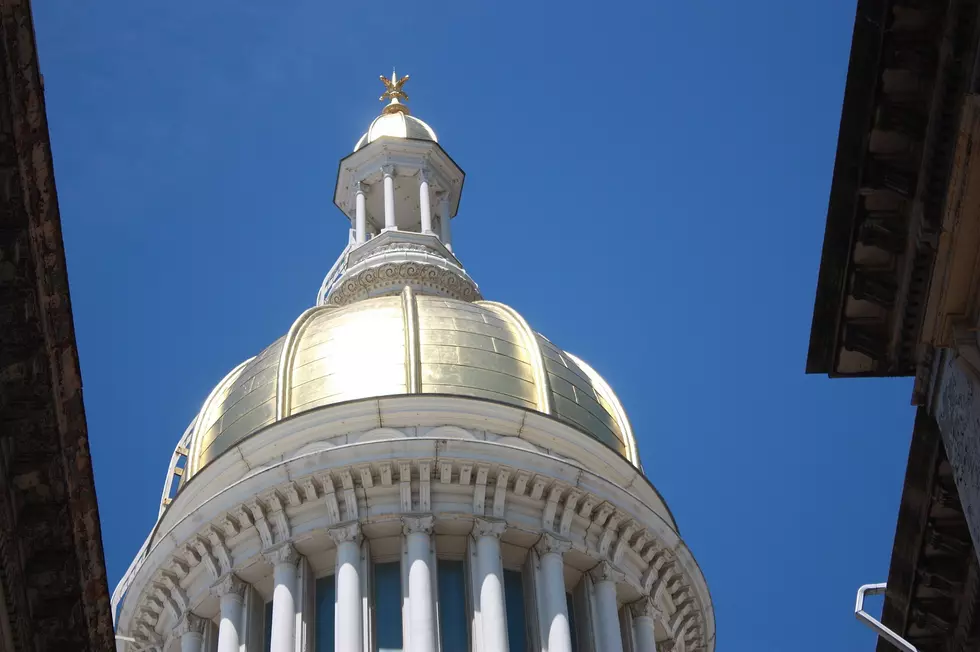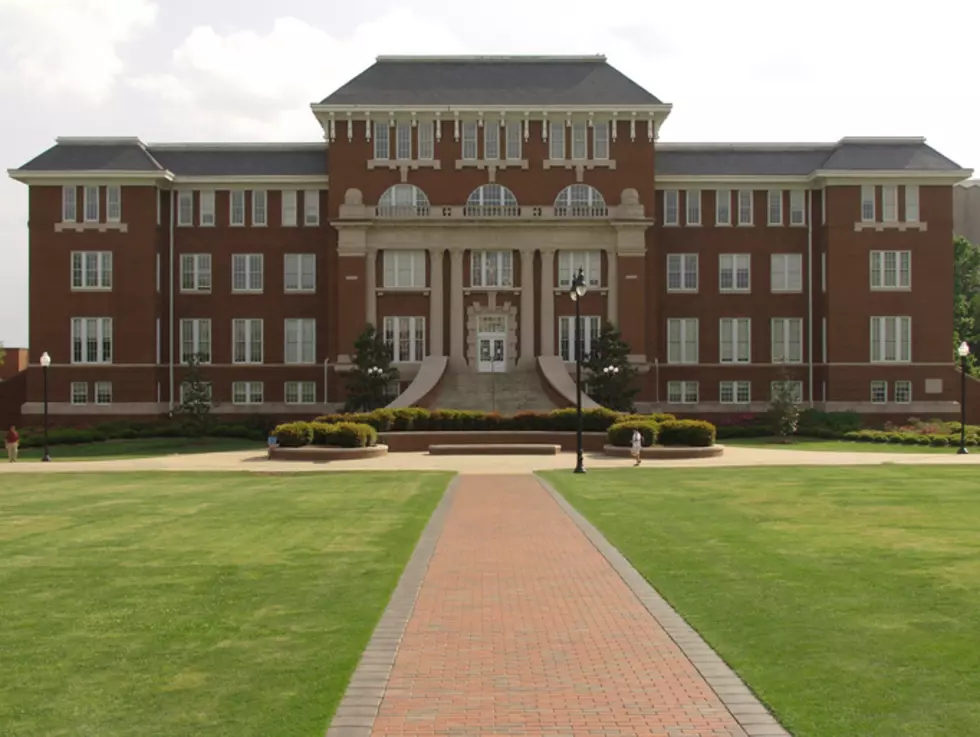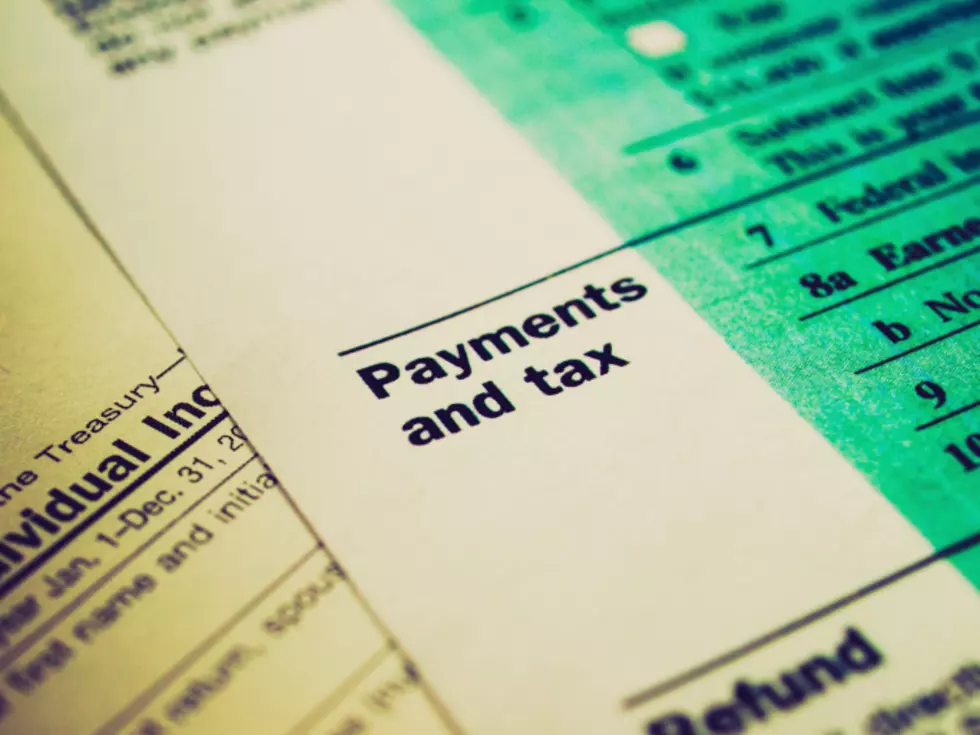
Hiding cash for estate tax purposes
Q. My father died and we found $200,000 cash in two fire boxes in his basement. Do we have to include that in his estate? He owned a home and already will have to pay New Jersey estate taxes.
— Finder of buried treasure
A. Trying to hide cash to potentially save on estate taxes is never a good idea.
Cash is included as part of the estate for purposes when calculating estate and inheritance tax, said Yale Hauptman, an estate planning attorney with Hauptman and Hauptman in Livingston.
He said clients will often ask: “How will the government know if I don’t include it”?
First, Hauptman said, it is potentially a criminal offense to intentionally under-report assets on a tax return.
“Even if no criminal intent exists, there is interest assessed on any underpayment of taxes owed at a rate of 10 percent per year,” he said. “The tax is due nine months after death in the case of New Jersey Estate tax and eight months after death in the case of New Jersey Inheritance tax, so that interest begins accruing after these time frames.”
Hauptman said it’s also possible that the failure to disclose this money could be revealed in an audit.
Not every estate and inheritance tax return filed is audited, he said, but if yours is, the auditormay ask for account statements which could reveal the cash if, for example, your dad withdraw it in a lump sum shortly before he died.
We say it’s not a risk that’s worth taking.
Email your questions to ask@njmoneyhelp.com.
Karin Price Mueller writes the Bamboozled column for The Star-Ledger and she’s the founder of NJMoneyHelp.com. Click here to sign up for the NJMoneyHelp.com weekly e-newsletter. Like NJMoneyHelp.com on Facebook and follow it on Twitter.
More From New Jersey 101.5 FM









